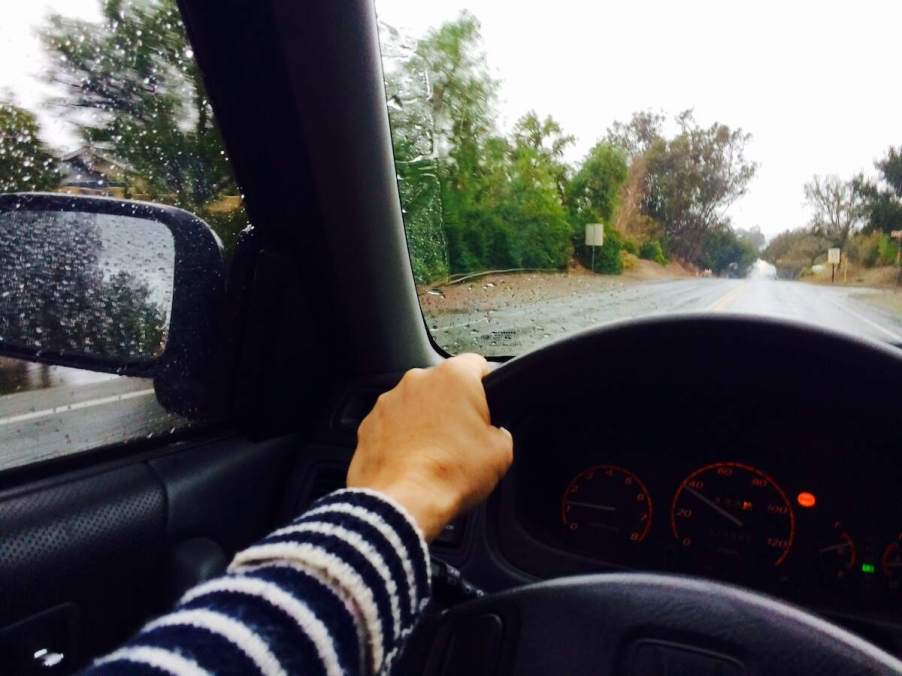
Is It Safe to Drive if You Have a Concussion?
Driving a vehicle requires attention to detail and an acceptable level of fine motor skills. Laws designed to ensure safety and prevent car accidents aim to limit a driver’s level of impairment. Typically, those laws concern alcohol, drugs, and driving while tired, but what about driving with a concussion or other head injuries? What are the symptoms of a concussion, and is it safe to drive with one? How soon after experiencing a concussion is it safe to get back behind the wheel?
What is a concussion?
A concussion is a mild traumatic brain injury (TBI). However, even a mild brain injury is dangerous and should be taken seriously. The most common causes of concussions are car accidents, falls, assaults, and sports.
Though losing consciousness upon sustaining a concussion is common, it’s not mandatory or even a reliable indicator. Any blow to or violent shaking of the head, followed by the below symptoms, indicates the need for prompt medical attention:
- Physical symptoms like headaches, migraines, and noise or light sensitivity
- Confusion, mental fog, or trouble remembering recent events is often indicated by repeatedly asking the same questions
- Unusual moods like nervousness, irritability, or sadness
- Sleeping less or more than usual
These symptoms typically resolve in a few days but can last for weeks. Children, teenagers, and older adults have the lengthiest recovery times, but anyone with previous concussions could take longer to recover.
In addition, seek immediate medical attention for severe symptoms associated with head trauma, such as the following:
- A headache that won’t go away or worsens
- Weakness
- Loss of coordination
- Nausea
- Vomiting
- Slurred speech
- Increasing confusion or agitation
- Loss of consciousness
- Convulsions or seizures
- Unusual pupil dilation
Those signs could indicate a more severe condition, such as a brain bleed or blood clot. Do not attempt to drive yourself to get help. Instead, call 911 or have someone you trust take you to an emergency room.
Can I drive myself to the doctor after experiencing a concussion?

Medical professionals advise against driving with a concussion. It impairs a person’s ability to operate a motor vehicle, and getting behind the wheel too soon puts lives at risk.
Texas Children’s Hospital recommends refraining from driving for at least 24 to 48 hours after a concussion and:
- If you have symptoms while turning your head
- At night, especially if sensitive to light
- If symptoms return or worsen while driving or riding in a car
Though obtaining clearance from a doctor is best, your return to driving should begin with short, familiar trips at low speeds.
What are acceptable forms of transportation when you have a concussion?
The best course of action is to have someone drive you to the doctor and anywhere else you need to go throughout your recovery. Options include contacting a trusted friend, a taxi, or a rideshare service such as Uber or Lyft.
In addition, try to avoid air travel if you’re still experiencing symptoms. Contact your doctor before flying, especially if you’ve experienced seizures, ear problems, brain bleeds, or skull fractures. However, even riding in a car could aggravate concussion symptoms.
Because a concussion is a form of impairment, causing an accident while driving with a head injury could make you legally liable for any damages. That’s why leaving the driving to someone else is advised until you’ve fully recovered.






